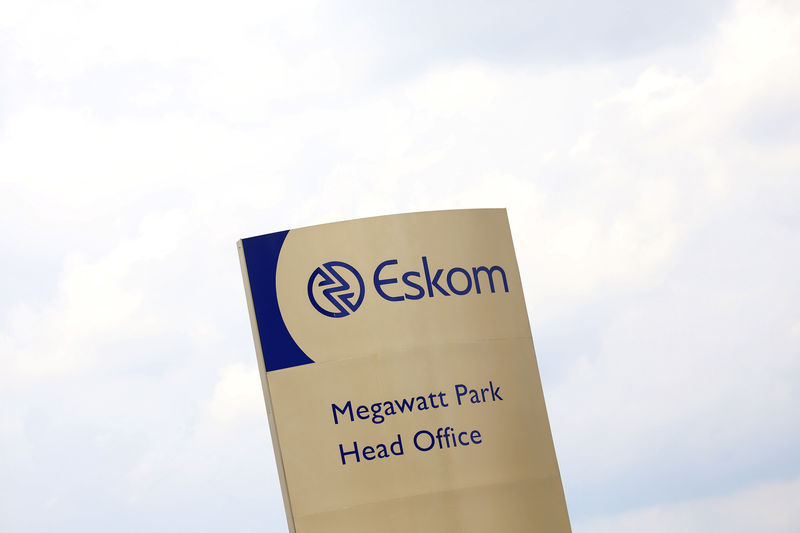
Moody’s says New Eskom Support Credit Negative for South Africa
Rating agency Moody’s said the South African government’s proposal to provide additional financial support to struggling state-run power firm Eskom was “credit negative” for the sovereign as it was a further drain on fiscal resources. Eskom, which supplies more than 90% of South Africa‘s power but had to implement power cuts earlier this year, is grappling with high debt […]

Rating agency Moody’s said the South African government’s proposal to provide additional financial support to struggling state-run power firm Eskom was “credit negative” for the sovereign as it was a further drain on fiscal resources.

Eskom, which supplies more than 90% of South Africa‘s power but had to implement power cuts earlier this year, is grappling with high debt and has needed cash injections to stay afloat.
Finance Minister Tito Mboweni this week tabled an appropriation bill in parliament to give it an extra 59 billion rand ($4.25 billion) of government support, but warned this combined with lower-than-expected tax revenues could mean South Africa has to borrow more than planned.
Moody’s, the last of the three big international ratings agencies to have South African debt at investment grade, said in an issuer comment published late on Wednesday that the government’s room for manoeuvre was “extremely constrained”.
“If passed, the additional support to ease the company’s financial pressures would be credit negative for South Africa,” it said, adding that in the absence of a clear turnaround plan for the utility there was a risk more support would be needed.
In a worst-case scenario where none of the additional support is compensated for, Moody’s said it expects South Africa‘s fiscal deficit to widen to 5.7% of GDP in 2019 and 5.6% in 2020, up from current projections of 5.2% and 5.0% respectively.
However, the government could take additional revenue or spending measures in the next mid-year budget statement, expected in October, it added.
Eskom’s woes are a big problem for President Cyril Ramaphosa, who has staked his reputation on fixing problems at a number of ailing state-owned firms, cleaning up corruption and reviving Africa‘s most developed economy.
But his efforts have faced numerous setbacks including ongoing troubles at the power utility and still-sluggish growth.
(Reporting by Alexander Winning; Additional writing by Emma Rumney; Editing by Catherine Evans)
